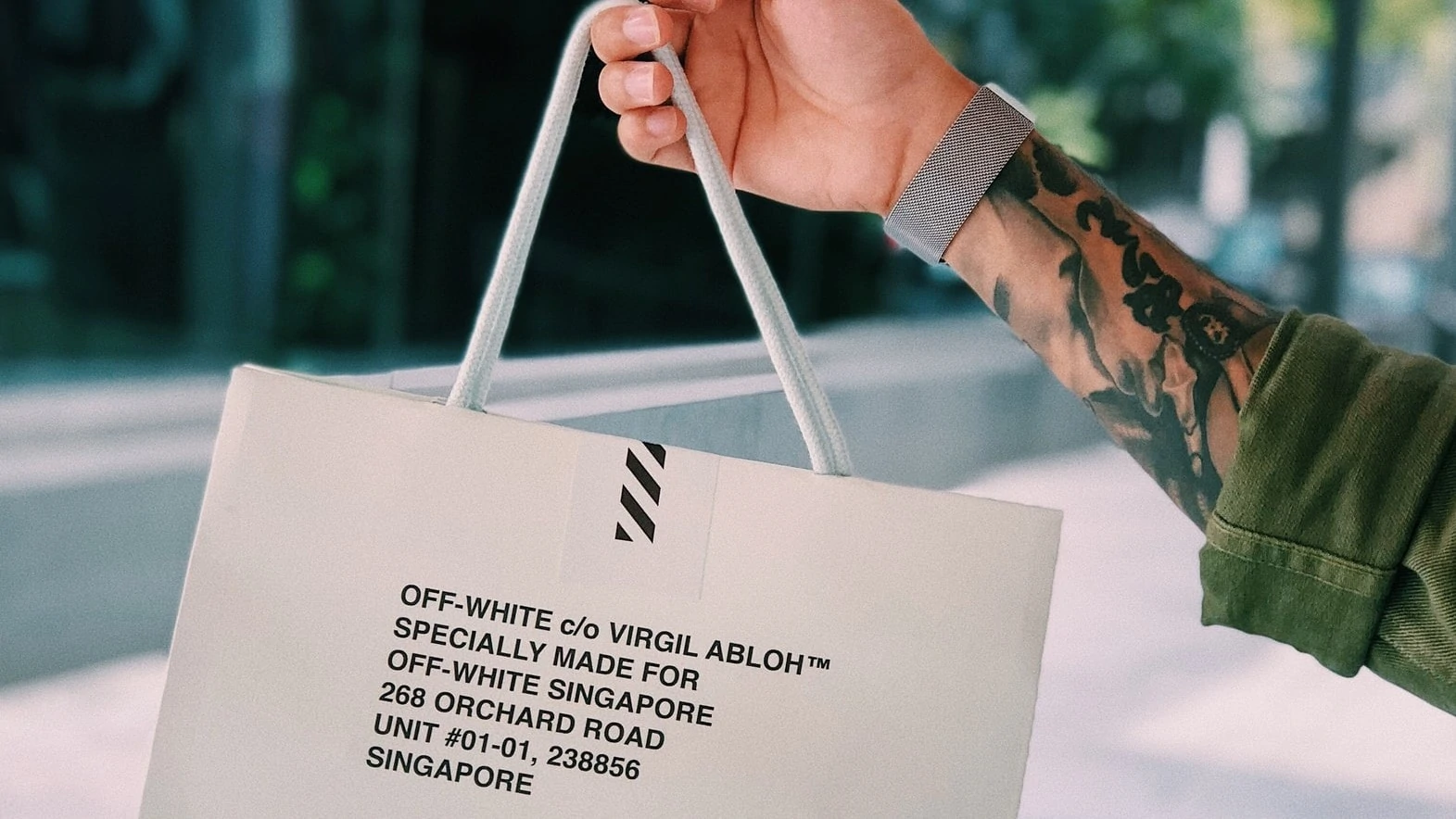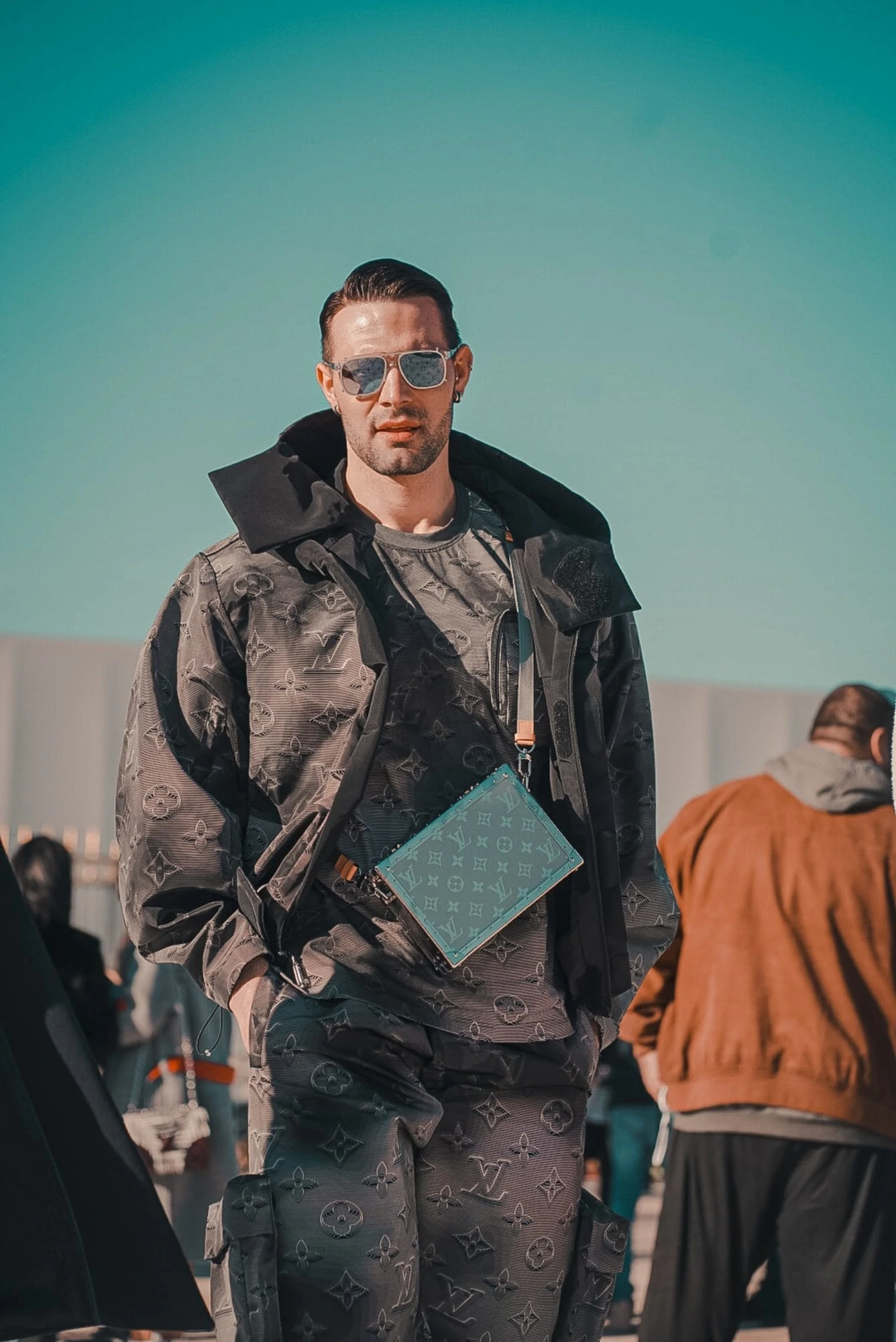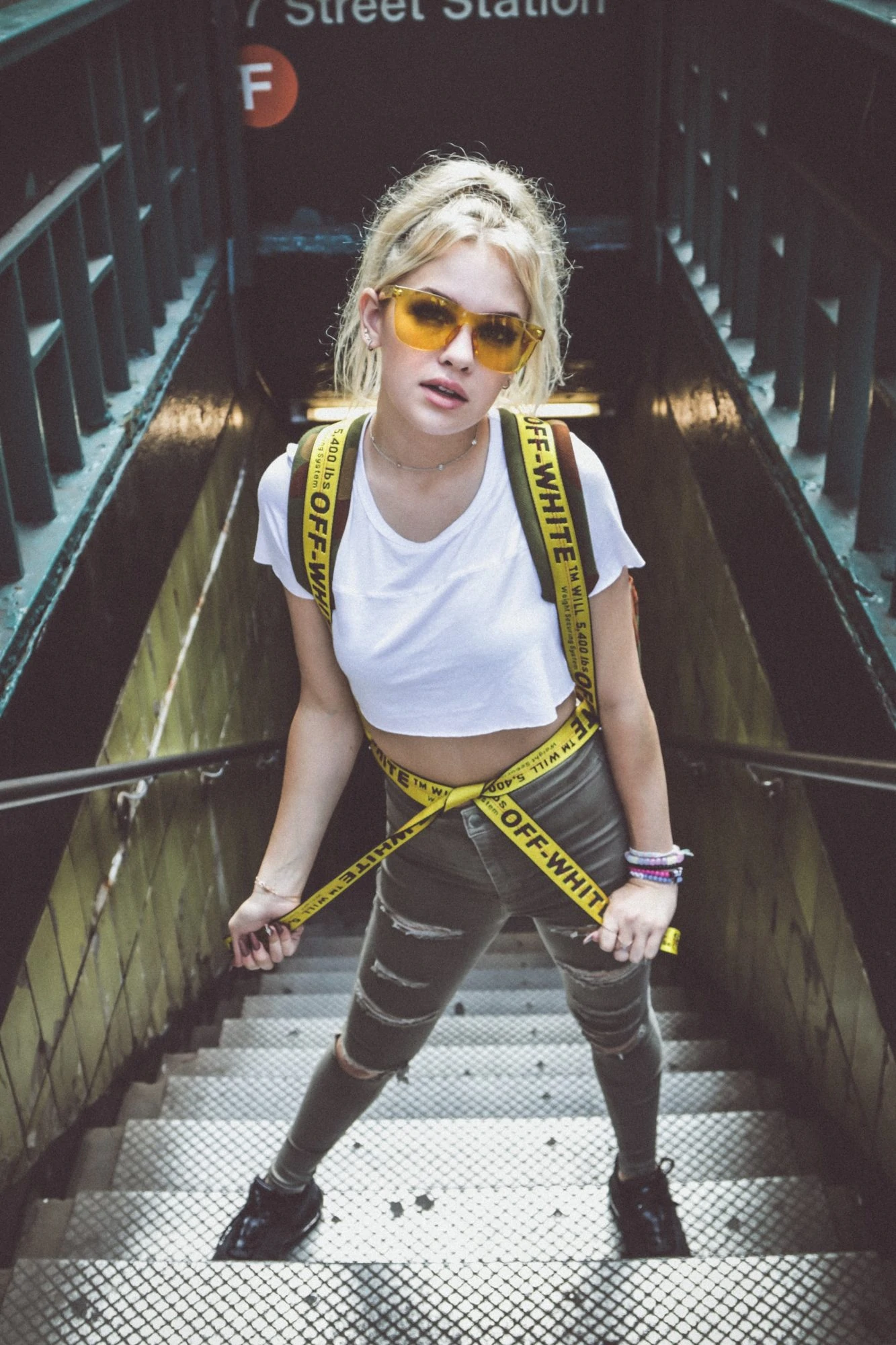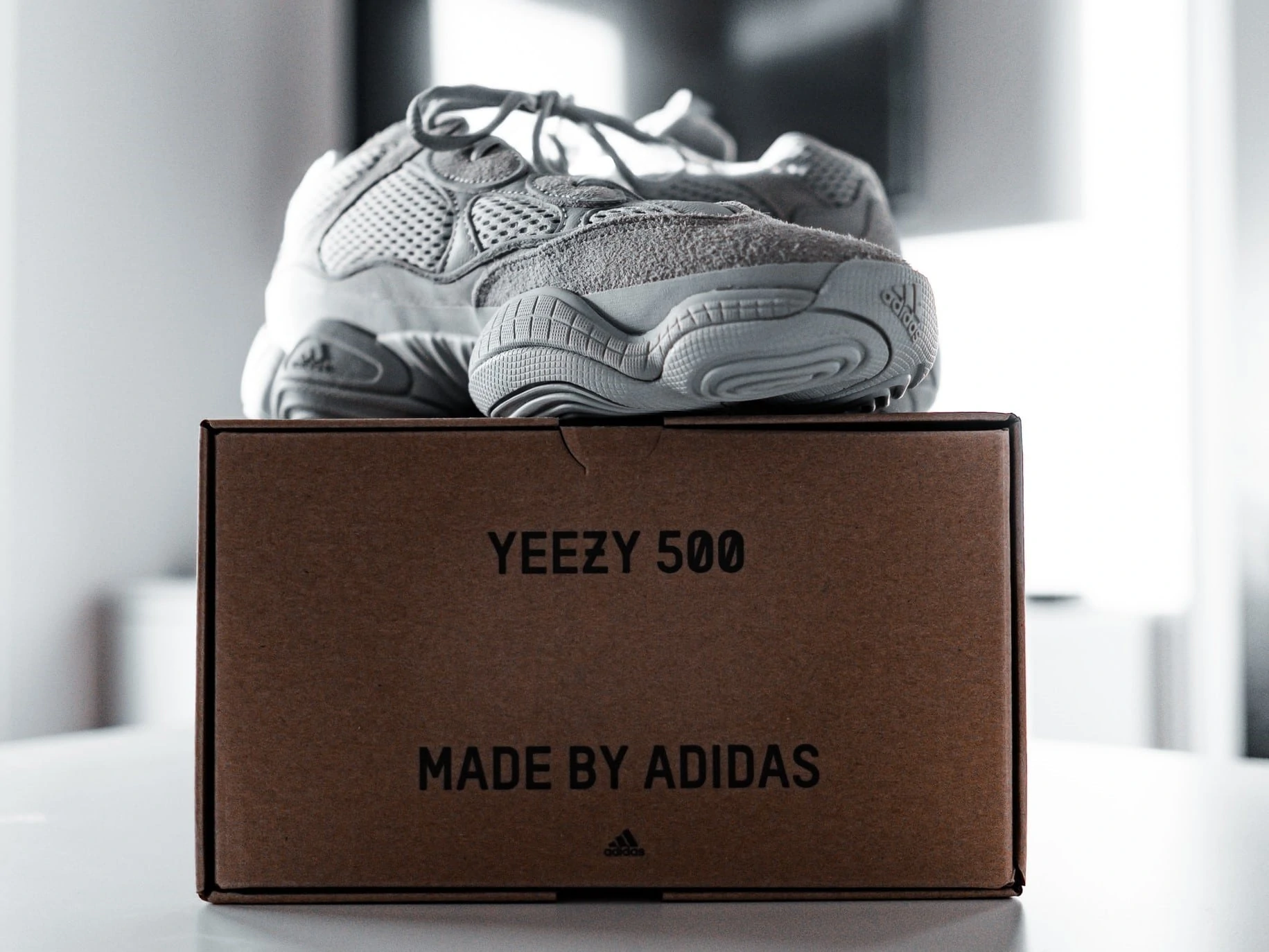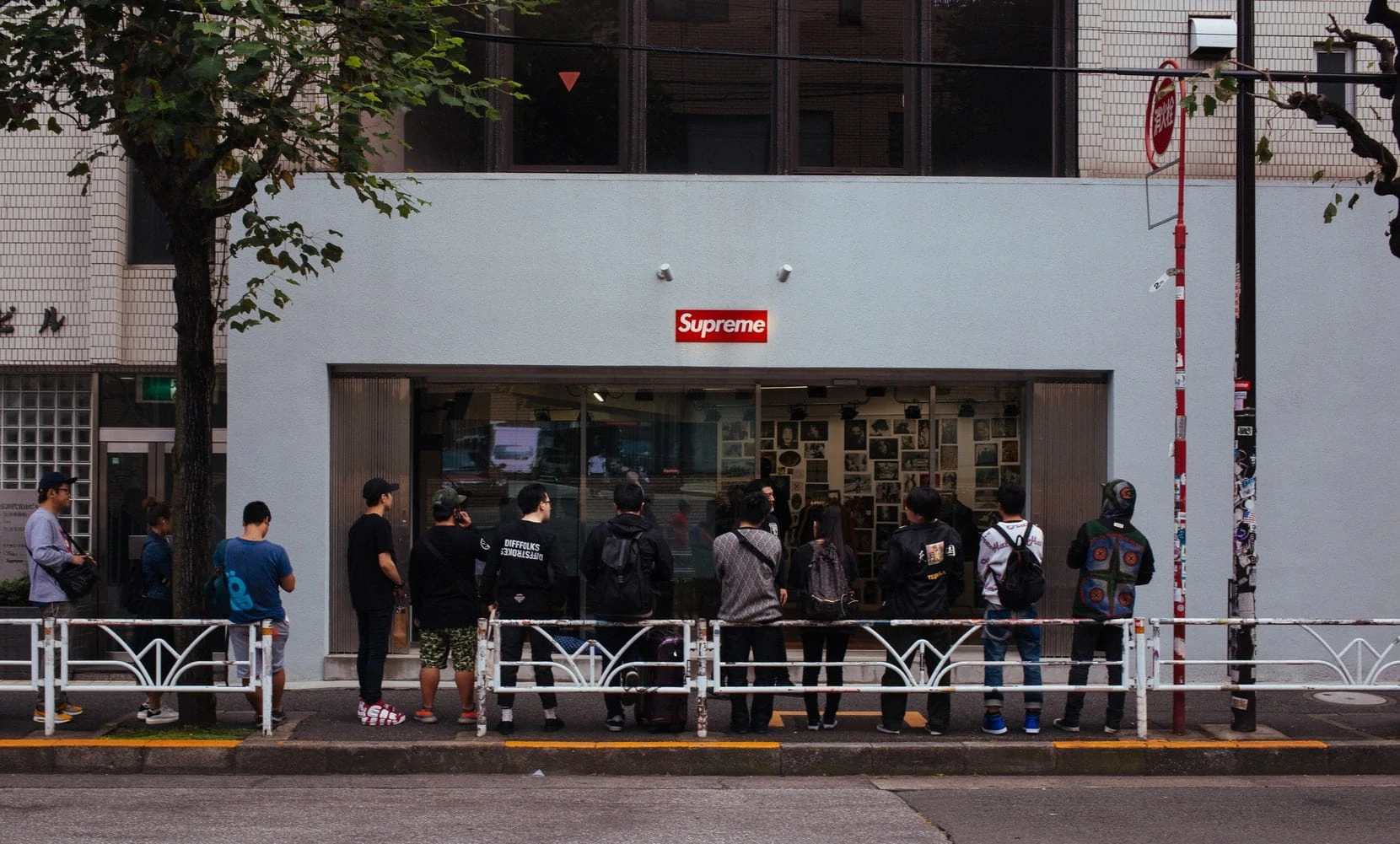Uncertainty
Historically, the emotional aspect of owning a luxurious product was the sense of accomplishment, of success; exclusivity has been an integral part of luxury’s draw for the few who can afford it. But rental and subscription services are making these products accessible to a broader range of consumers, and at the same time we question whether luxury is still based solely on acquisition of objects with innate material value. Within a market that has inherently been defined by exclusivity, modern brands must cater to a world that is increasingly more diverse. The world is changing, luxury can be both inclusive and exclusive, aspirational and attainable, providing a great opportunity for the companies that evolve to meet these challenges.
In thinking about luxury retail, it has become clear that our ever-changing and increasingly turbulent world is impacting the future of the sector. Amongst accelerating technological developments, an unstable and polarised political climate, and shifting societal attitudes, one of the biggest challenges for luxury retailers and brands in the future is maintaining relevance
Last year, LVMH announced singer Rihanna will become part of the brand – the first woman to create an original brand at LVMH and the first black woman at the top of the group – signalling that the group recognises that growth in the luxury industry may no longer come just from reinventing old heritage names, but by embracing a new diverse, digital, direct communication-enabled reality.
Even more urgently, luxury brands will have to turn their attention to demonstrating their commitment to the well-being of customers. In times of a global pandemic, being healthy and safe can also be considered a “luxury” and brands should evaluate how to best connect on a human level, acknowledging and reinforcing priorities for their consumers. We also consider whether society has evolved to demand that luxury have some social responsibility, be it championing endangered traditional skills, or driving innovation, or creating a better world for all. Despite widespread industry fears that the current moment is not a time for the frivolity of fashion or luxury goods, 89% of respondents to a sector survey still wanted to hear from their luxury brands. This is caveated with the requirement that activity from brands is not a value-add but an authentic response to an expectation of proactive and educated altruism.
